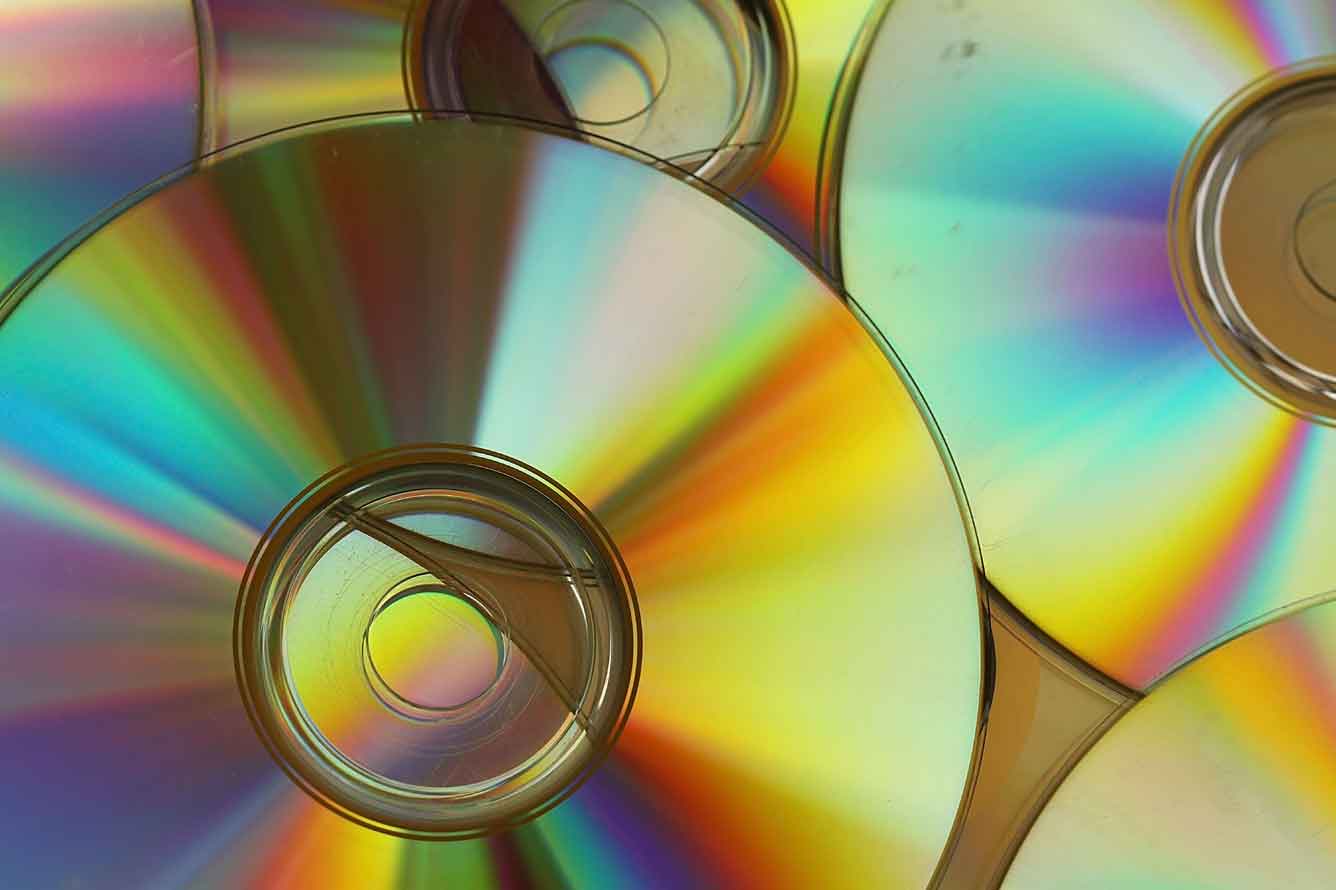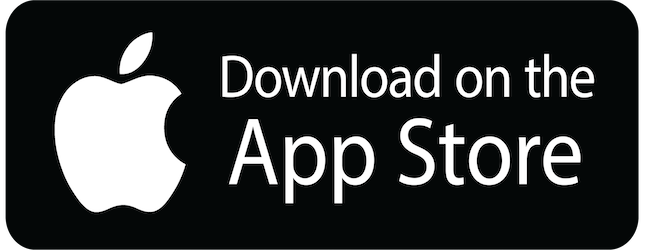The 100 most important acronyms in English, Part 4: Technology and Medicine

This series is for people learning English as a second language. We explain some of the most common English acronyms and how to use them.
- Part 1: General acronyms
- Part 2: Business acronyms
- Part 3: Internet slang
- Part 4: Acronyms for technology and medicine
- Part 5: Government and military
- Part 6: Organizations and People
Computers and the Internet
-
"P.C."
Tweet This!(Personal Computer)
A computer that a person has in their home is a "PC".
I might need to get a new P.C. Mine is kind of old.
This term is not as common as it was in the 1990s and early 2000s, but people still use it.
-
"USB"
Tweet This!(Universal serial bus)
Most modern computer have a "USB port", which is an area where you can plug in a wire that will connect the computer to things like a keyboard, a memory stick, your phone, and so on.
Have you seen a USB cable? I think I left it here.
-
OS"
Tweet This!(Operating system)
A computer's "OS" is the main software that it runs. The popular OSes include Windows, Mac, Linux, iOS, and Android.
Which OS are you using?
-
URL"
Tweet This!(Uniform resource locator)
A "URL" is the address of a website. It's what you type in at the top of your web browswer.
What's the URL for that shopping site you were telling me about?
Other technology
-
"TV"
Tweet This!(Television)
You almost certainly know that "TV" is a common acronym for "television".
Can you turn off the TV?
-
"AC"
Tweet This!(Air conditioner)
An "AC" is a machine that makes the air cooler in a room or a car.
It's hot! Turn up the AC!
-
"ATM"
Tweet This!(Automated Teller Machine)
"ATM"s are machines that you can get cash from.
I need to stop at an ATM and get some money.
We use the acronym "ATM" both in writing and in spoken English.
-
"CD"
Tweet This!(Compact Disk)
"CD"s are round, shiny disks that hold music.
These days I almost never buy CDs. If I like something, I'll stream it.
-
"DVD"
Tweet This!(Digital Versatile Disk)
"DVD"s are also round, shiny disks, but they hold movies instead of music. There's a newer format called "Blu-ray" that many people use instead of DVDs, but some people still call Blu-ray disks "DVDs".
I used to own that movie on DVD.
-
UPC"
Tweet This!(Universal product code)
UPCs are the "bar codes" that are attached to products that we buy in stores. Cashiers scan the products' UPCs to find out how much they cost.
Where's the UPC on this thing?
-
"VR"
Tweet This!(Virtual reality)
"VR" is a new technology that allows you to feel like you're inside of a virtual world.
Have you tried any of those new VR helmets?
Medicine
-
"MD"
Tweet This!(Medical doctor)
Someone who's licensed as a doctor is an "MD". Doctors add that to the end of their name:
Janice Lebowski, MD
You can also use "MD" by itself:
Is he an MD or one of these "holistic medicine" practitioners?
-
"OB/GYN"
Tweet This!(Obstetrician/Gynecologist)
An OB/GYN is a doctor who specializes in childbirth and women's reproductive issues.
Have you seen an OB/GYN yet?
This acronym is made up of two different words, but it's not common to just call someone an "OB" or a "GYN". If you want to specifically talk about a "gynecologist" or an "obstetrician", use the whole word.
-
"EMT"
Tweet This!(Emergency medical technician)
When you call an ambulance, the people who show up are "EMT"s. They are not doctors, but they're trained to respond to a variety of emergency medical situations.
The EMTs arrived a few minutes after I called.
You might also hear the acronym "EMS", which stands for "Emergency medical service".
-
"CPR"
Tweet This!(Cardiopulmonary resuscitation)
"CPR" is a technique that you can use if someone's heart has stopped and they've stopped breathing. The technique involves pressing on someone's chest several times, and then breathing into their mouth.
I did CPR training once when I was training to be a lifeguard.
-
"STD"
Tweet This!(Sexually transmitted disease)
An "STD" is a disease that you can get from having sex.
It's important to get tested for STDs if you're sexually active.
-
"HIV/AIDS"
Tweet This!(Human Immunodeficiency Virus / Acquired Immunodeficiency Disorder)
AIDS is an STD that reduces your body's ability to fight off other diseases and infections. It first started to spread in the late 1970s and early 1980s.
HIV is a condition that precedes AIDS. A person who contracts HIV is likely to get AIDS if they do not receive treatment.
I'm participating in a fundraiser to raise money for HIV and AIDS research.
-
"ADD"
Tweet This!(Attention Deficit Disorder)
"ADD" is a condition that prevents a person from being able to focus. It's sometimes diagnosed for children who are not able to pay attention in school.
People sometimes use this term to talk about being easily distracted in general.
Sorry, I have ADD today.
-
"OCD"
Tweet This!(Obsessive-Compulsive Disorder)
"OCD" is a mental condition that causes people to perform some action again and again. For example, some people with OCD will wash their hands many, many times throughout the day, and perhaps even many times in a row.
Like "ADD", "OCD" has made it into everyday English as well as being a medical diagnosis. You can say that someone is "OCD" if they seem to be paying too much attention to details that don't seem important.
He's kind of OCD when it comes to food.





